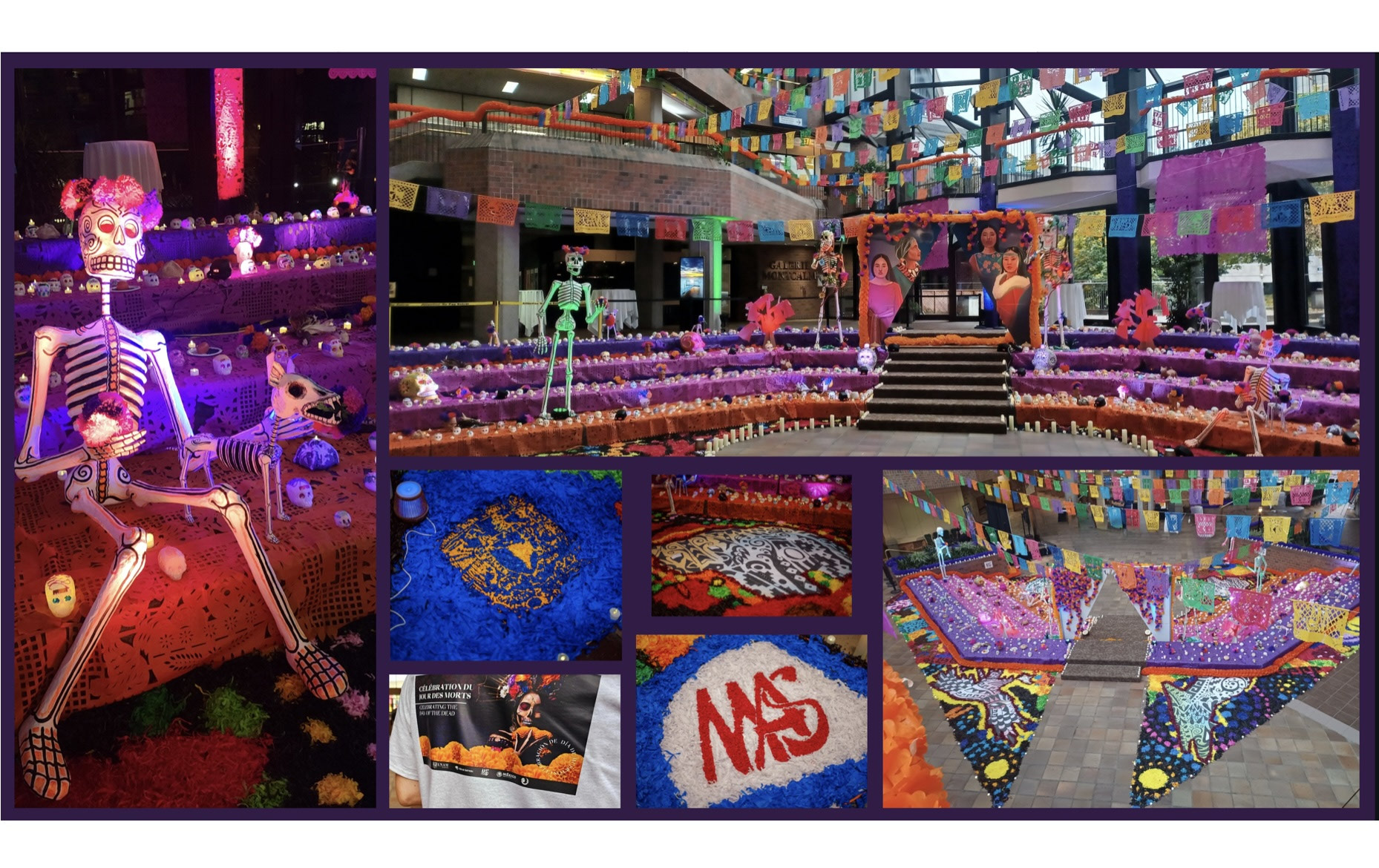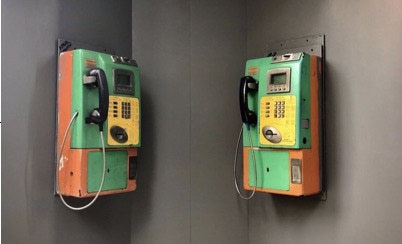Celebration open to all
November 2 named ‘Day of the Dead’ in Gatineau and Ottawa
Djeneba Dosso
UNAM Canada, the Embassy of Mexico and the City of Gatineau have proclaimed November 2, 2024 as “Día de los Muertos,” otherwise known as the Day of the Dead. This celebration which holds profound significance for indigenous Mexican communities is traditionally celebrated in late October or early November, marking the end of maize cultivation cycle — Mexico’s staple food.
“The fusion of pre-Hispanic religious ceremonies and Catholic festivities brings together two worlds: one that honors indigenous beliefs and another shaped by European influences since the sixteenth century,” UNAM Canada detailed in a press release, adding this celebration “highlights the value of our cultural traditions and promotes inclusivity and understanding among the diverse communities that make up these cities.”
Traditionally, the Day of the Dead “commemorates the temporary return of deceased loved ones to the material world.” Each year, an altar is presented at City Hall as part of the festivities. This year, Quebec-born artist Jean-Paul Riopelle, a significant figure in the art world will be honoured. The altar is set to open at 5:00 pm on October 30 and will be displayed until November 3.
On the Ontario site, UNAM Canada, the Embassy of Mexico and the Canadian Museum of Nature have partnered to put up a second altar, this time honoring endangered and extinct animal species in the Hatch Salon, on the third floor of the Canadian Museum of Nature, at 240 McLeod St. The altar will be available to the public from 5:00pm to 8:00pm on October 31 and later a part of the museum’s Nature Nocturne evening on November 1.
The two unique altars were designed and mounted by students from the Modern American School (MAS) in Mexico City under the guidance of their Professor Fernando Trigo.
The exhibitions promise to feature a variety of activities and workshops for all highlighting the importance of the day. UNAM Canada invites Gatineau and Ottawa residents to come in large numbers, noting this celebration “strengthens generational bonds and fosters a sense of belonging within the community.”





